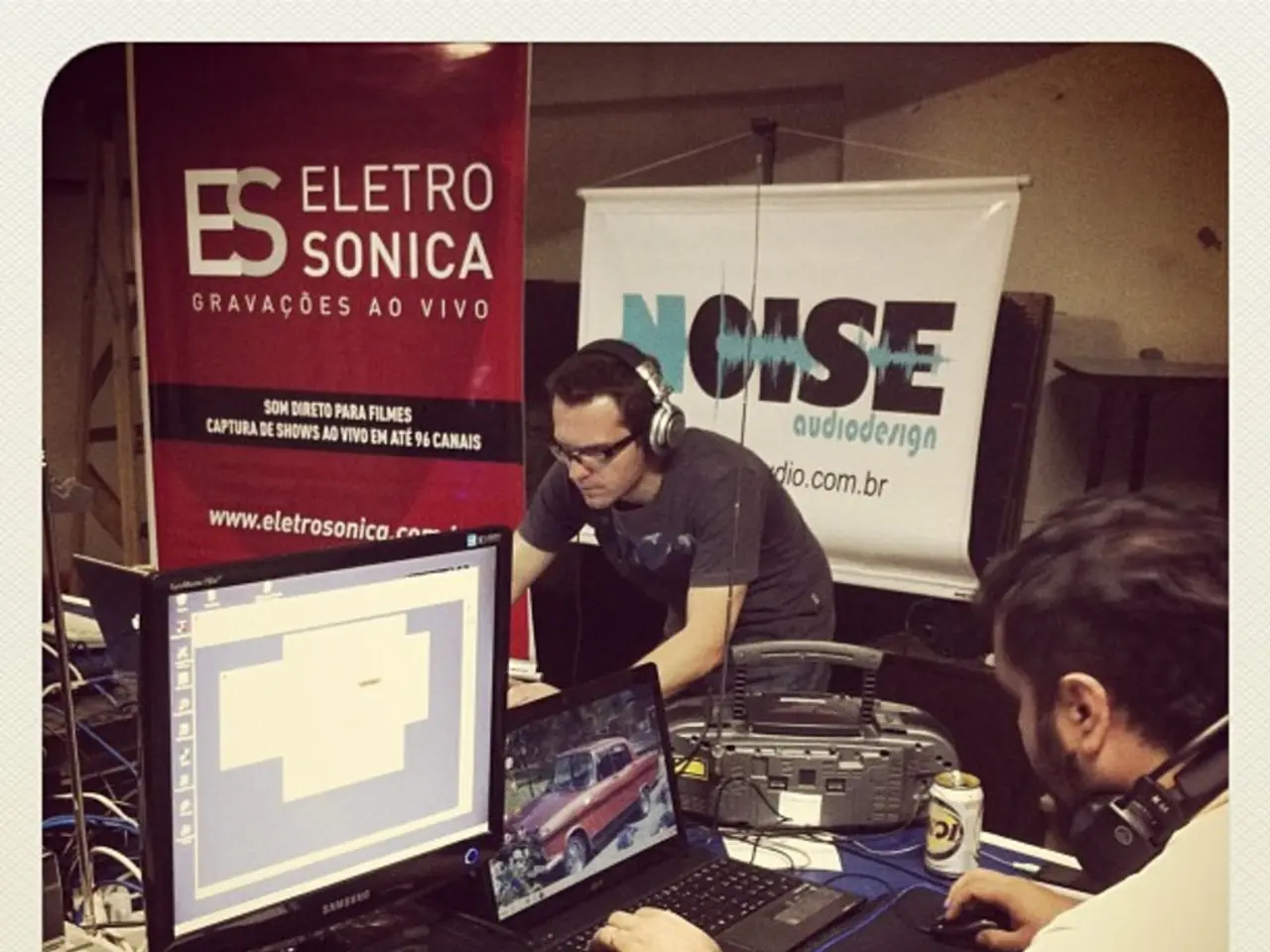Smart Devices and Privacy: Examining Potential Threats
=========================================================================================
In the modern world, smart devices have become an integral part of our daily lives, providing convenience and connectivity. However, these devices raise significant privacy concerns due to their ability to collect and share vast amounts of personal information.
One of the primary concerns is the extensive data collection practices in smart devices. They capture not only user interactions but also location, audio, and video information. This data collection can lead to vulnerabilities that can result in data breaches or misuse of sensitive data.
Current encryption standards face limitations, particularly in terms of implementation and effectiveness, making smart devices vulnerable to cyberattacks. Addressing encryption weaknesses is critical for improving privacy in smart devices, as cybersecurity threats evolve. Implementing advanced encryption methods will help maintain consumer trust and elevate privacy standards, contributing to a safer digital environment.
Policy changes can significantly mitigate these privacy concerns. For instance, the Minnesota Consumer Data Privacy Act (MCDPA), effective from July 31, 2025, grants residents rights to control their data, such as knowing how it’s collected, used, and sold. It imposes stringent security and protection duties on businesses handling consumer data, including data from smartwatches and fitness devices.
Internationally and across many U.S. states, comprehensive frameworks like the General Data Protection Regulation (GDPR) and the California Consumer Privacy Act (CCPA) empower consumers with rights such as access, correction, deletion, and portability of personal data. They require companies to implement centralized rights management, granular user consent controls, real-time sync of preferences across device ecosystems, and embed privacy by design principles in IoT devices.
State-specific laws on brain and neurodata, such as those in California, Colorado, and Montana, require safeguards to prevent unauthorized sharing and misuse of sensitive brain data collected by consumer devices like wearable headphones that monitor neurological signals.
Several states are also enacting laws that require age verification and parental consent for app store access and purchases by minors, impacting smart devices’ app ecosystems and data collection from younger users.
These regulations impact user data protection by requiring transparent data practices, consumer consent, security safeguards, and mechanisms for consumers to exercise data rights explicitly across all connected devices. They push manufacturers and service providers to embed privacy features into the design and operation of their IoT and smart device products, enhancing user trust and control in increasingly interconnected digital environments.
Consumer awareness and education regarding privacy concerns in smart devices are pivotal in empowering individuals to safeguard their personal data. Many users fail to comprehend how their data is being utilized, leading to uninformed decisions regarding their personal information. Ambiguous privacy policies, written in complex legal jargon, undermine trust in smart devices and make it challenging for users to understand their rights regarding personal information and how it is utilized.
The future of privacy in smart technology will hinge on technological innovations, regulatory frameworks, and consumer engagement. Continuous improvement and adaptation of encryption methods are essential to address evolving privacy concerns in smart devices. A proactive approach in all these dimensions is essential to navigate the complexities of privacy in an increasingly interconnected world.
References:
- Minnesota Consumer Data Privacy Act (MCDPA)
- General Data Protection Regulation (GDPR)
- California Consumer Privacy Act (CCPA)
- State-specific laws on brain and neurodata
Read also:
- Innovative Company ILiAD Technologies Introduces ILiAD+: Boosting Direct Lithium Extraction Technology's Efficiency Substantially
- Veolia advocates for sustainability by financing eco-friendly environmental projects
- Airbus is escalating the standards for eco-friendly aircraft fuel
- Rapid Expansion Anticipated for Lip-Sync Technology Sector at a Rate of 17.8%





